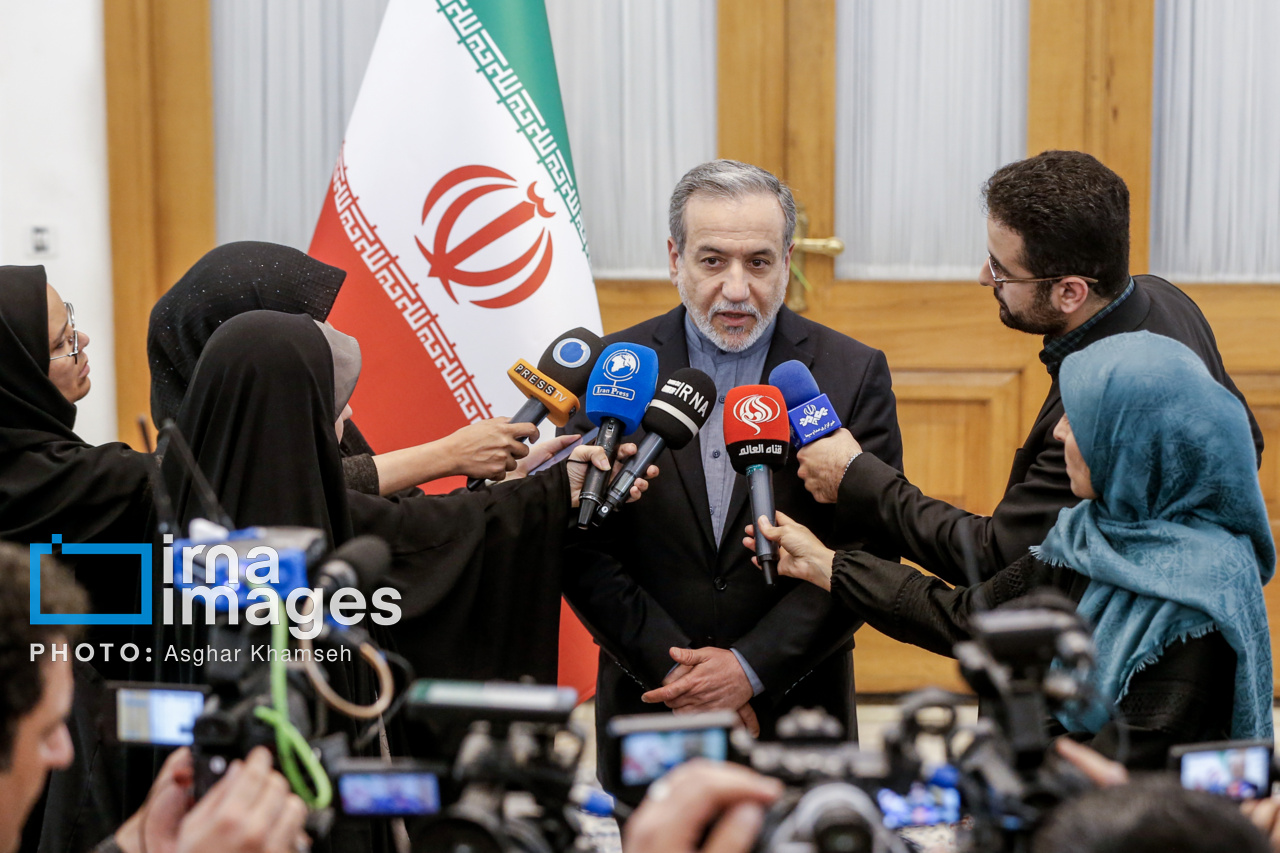
Similar Posts
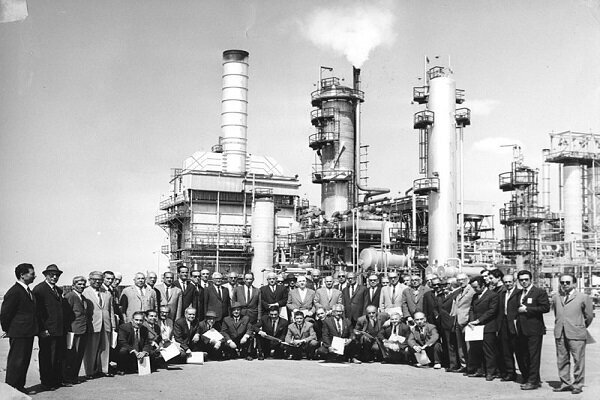
Iran’s Oil Nationalization: A Triumph Over Western Imperialism
Seventy-two years ago, Iran’s Parliament enacted a landmark oil nationalization law, driven by Prime Minister Mohammad Mosaddegh and Ayatollah Kashani, in response to foreign exploitation, primarily by British interests. This legislation aimed to reclaim Iran’s sovereignty over its oil wealth, previously controlled by the Anglo-Iranian Oil Company. Following the law’s ratification in March 1951, Western powers retaliated with sanctions and orchestrated a coup in June 1953, leading to Mosaddegh’s removal. The event symbolizes Iran’s struggle against imperialism and has lasting effects on its oil industry, shaping the nation’s quest for autonomy and control over its resources.

Musk Denies Involvement in Iranian Journalist’s Release: What You Need to Know
Elon Musk clarified that he was not directly involved in the release of Italian journalist Cecilia Sala from Iran, countering various reports suggesting otherwise. Musk stated on X that he only recommended US support but had no interaction with Iran. Iranian officials dismissed claims of his involvement as “media storytelling.” The situation intensified when Iran’s Foreign Ministry spokesperson denied any connection, while Italy’s Foreign Minister, Antonio Tajani, confirmed that negotiations were solely handled by the Italian government. Sala, a 29-year-old journalist and podcaster, was detained in Iran last month before her release.
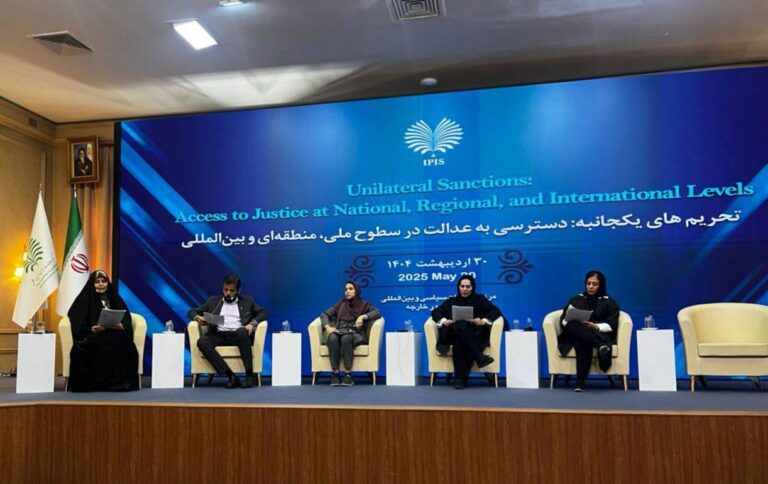
Exploring the Impact of Unilateral Sanctions on Human Rights: A Global Perspective
The Institute for Political and International Studies in Tehran hosted a conference on the detrimental effects of unilateral sanctions on human rights, attended by key figures like Iran’s Deputy Foreign Minister and UN Special Rapporteur Alena Douhan. Dr. Mona Rahmani emphasized the dual nature of sanctions, which, despite causing hardship, have spurred resilience and innovation among Iranians. She highlighted severe economic impacts, including the collapse of small businesses and a 90% drop in carpet exports, affecting family structures and demographics. Experts discussed sanctions’ negative influence on healthcare access, particularly for thalassemia and autism patients, stressing the need for justice and accountability.
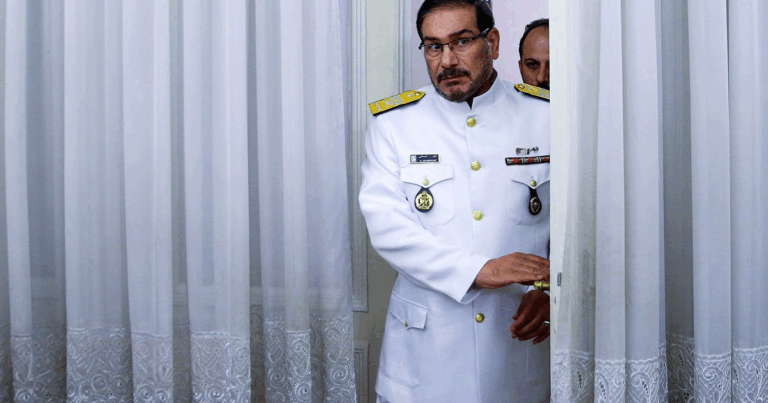
Former Iranian Security Chief Disrupts US Talks with Media Maneuver
Ali Shamkhani, former Secretary of Iran’s Supreme National Security Council, continues to influence Tehran’s nuclear diplomacy nearly two years after his departure. As a political advisor to Supreme Leader Khamenei and a member of the Expediency Discernment Council, his media outlet, Nour News, amplifies his voice in negotiations. Recently, Shamkhani emphasized Iran’s intent to negotiate with the U.S., highlighting recognition of Iran’s right to enrichment as key to a deal. Despite facing controversies over espionage and corruption, he remains a pivotal figure, shaping public perception and policy through his multilingual media presence.
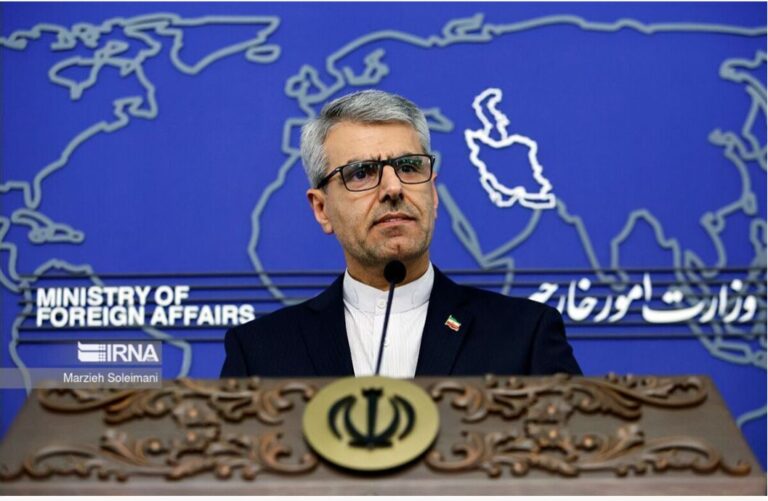
Iran Celebrates Oman-Mediated Ceasefire Ending U.S. Strikes in Yemen
Iran’s Foreign Ministry spokesperson, Esmaeil Baqaei, praised Oman’s announcement of a ceasefire between the U.S. and Yemen, emphasizing the Yemeni nation’s resilience against foreign aggression. He commended Oman’s mediation efforts and urged the international community to halt Israeli attacks on Yemen, accusing the U.S. of complicity in Israeli crimes. Omani Foreign Minister Badr bin Hamad announced that the truce followed discussions aimed at de-escalation. Despite the ceasefire, the Ansarullah movement clarified it does not apply to operations against Israel, reaffirming their commitment to resistance amid ongoing U.S. and Israeli airstrikes on Yemen.
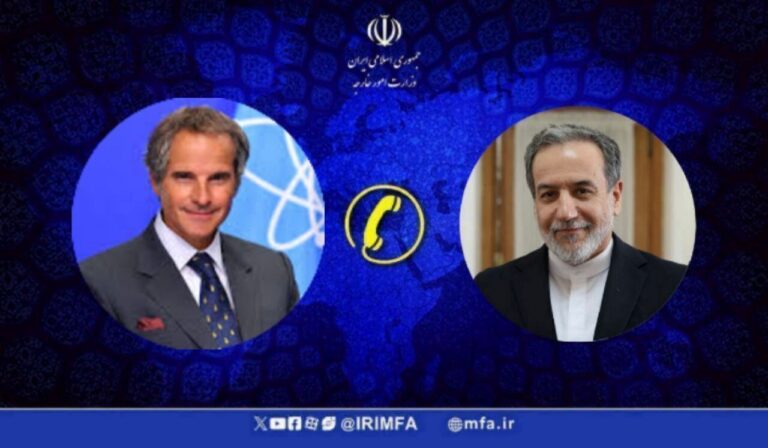
I.A.E.A. Chief Grossi Reaffirms Support for Iran-U.S. Indirect Talks
Foreign Minister Abbas Araqchi and I.A.E.A. Director-General Rafael Grossi recently discussed the I.A.E.A.’s crucial role in facilitating indirect negotiations between Iran and the U.S. Grossi affirmed the agency’s readiness to assist, while Araqchi highlighted Iran’s commitment to cooperate under the Non-Proliferation Treaty. He expressed optimism that the I.A.E.A.’s technical approach would help resolve outstanding issues and provided updates on Iran-U.S. talks. Araqchi also voiced concerns about disruptions to negotiations, stressing the importance of keeping the I.A.E.A. focused on its technical mandate, free from political influence, trusting Grossi to uphold this objective.